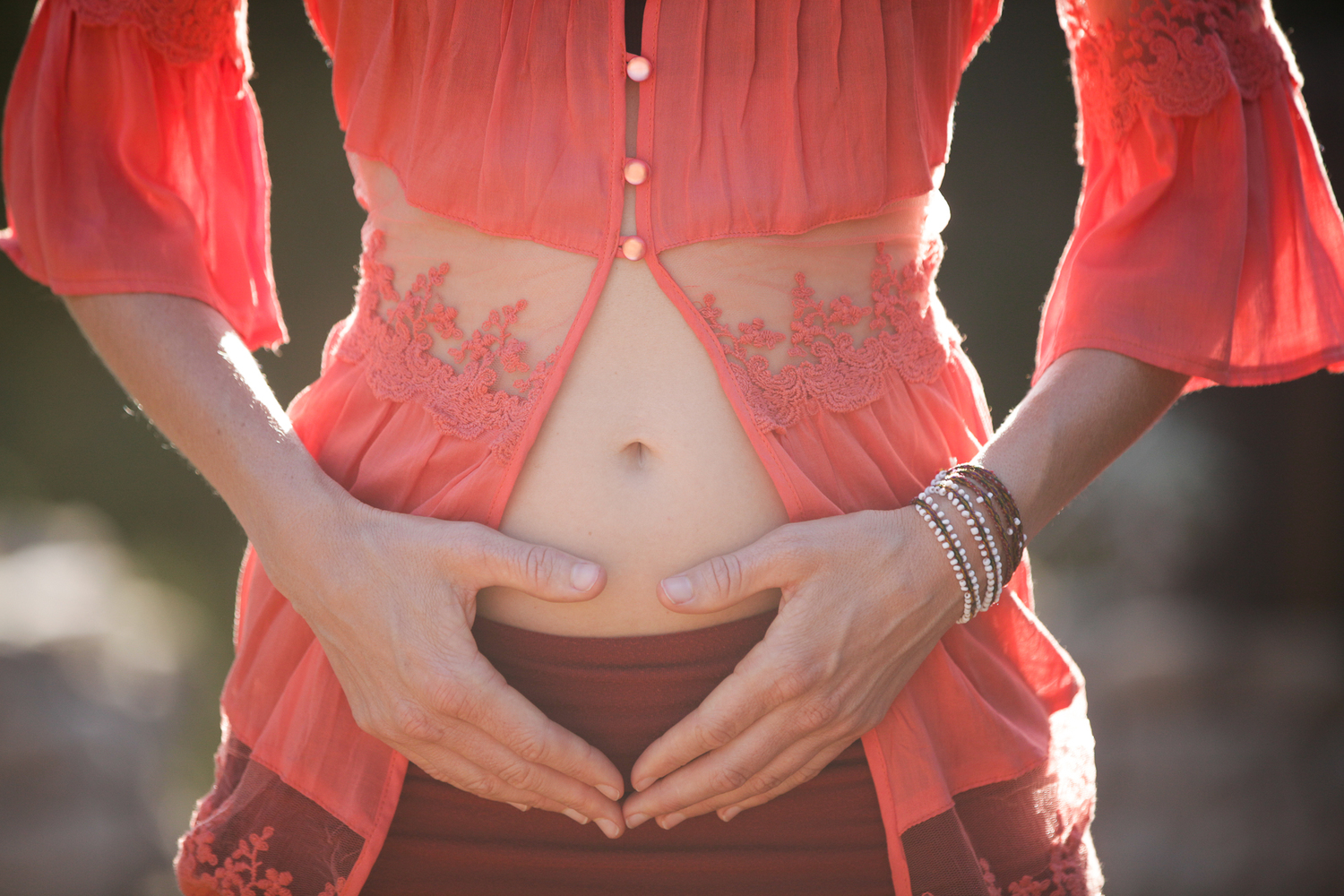
By engaging the mula bandha (root lock) one can heal after childbirth. On an anatomical level, it requires an engagement of the pelvic floor muscles as well as the transverse abdominis, the deep abdominal muscle layer that wraps around your torso from back to front. Mula bandha can also initiate a deeper sense of stability in both the body and the mind.
Yoga pose to Engage Mula Bandha
Mula Bandha is a particular action involving pressure or strain on the muscles, allowing energy to flow. The word “bandha” means “to bind” or “to lock”. With mula bandha, the reference is to the locking of the muscles of the cervix.
- After warming up. Get into a lunge pose or Goddess Pose or Warrior II, and try to create a pulsating movement with the mula bandha.
- Squeeze the pelvic muscles and inner thighs to create isometric movement. Feel the whole body lifting up from the ground and sinking back in.
- You can emphasize this with a micro lift in the body on the exhale (when mula bandha is engaged) and then softening downward on the inhale (when mula bandha softens).
- Not only will this help you strengthen the pelvic area, it will also help you come to re-own this space and understand that it is a safe place, which may also help you regain desire to connect with your spouse or partner..
Benefits of Mula Bandha:
- Increased strength of pelvic floor muscles. A strong pelvic floor can help prevent urinary incontinence later in life.
- Faster postnatal recovery.
- Minimal chances of uterus prolapse.
- Strong core.
- There’s evidence that regular practice of mula Bandha intensify women’s orgasms and make them easier to achieve.
- Women who have pain in the vagina or vulvar area during intercourse have gotten great relief by doing mula bandha in combination with psychotherapy.
Try to maintain Mula Bandha at all times, not just during our asana practice.